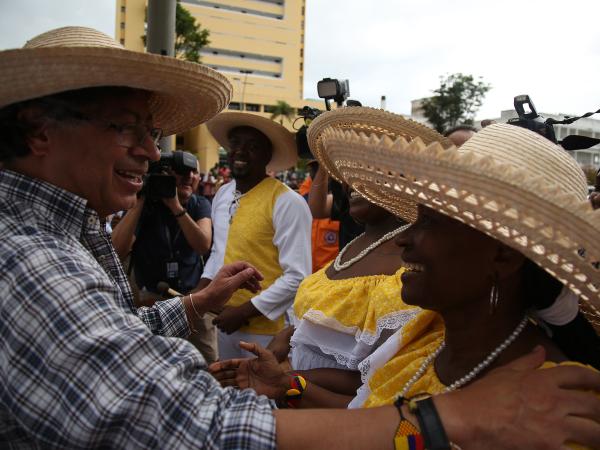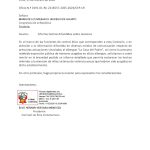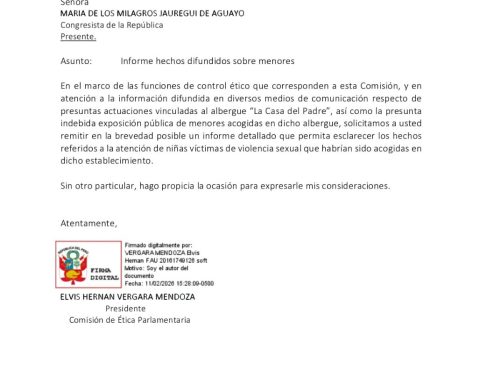The academy is one of the sectors that has contributed the most inputs and proposals in economic matter since the start of Government, and has also analyzed the measures and announcements of Gustavo Petro in detail. Thus, César Tamayo, dean of the School of Finance, Economics, and Government at Eafit University, analyzed how the current administration has moved in these 100 days and how the outlook for the country is perceived.
(See: Investment in tertiary roads and dialogues, the hallmark of the Petro government).
In the economic plane, what balance could we make of those 100 days?
They have been 100 very successful. We are facing an international economy that is having to react to high inflation, to the slowdown and that has had to react to certain political events such as the war in Ukraine.
These 100 days have also been very eventful because the new government has put a large number of discussions on the table, all at the same time. Some issues have come to fruition, such as the tax reform, others have been more expectations than anything else, and others have been unexpected announcements, without much explanation, that have brought a lot of news.
How do you see measures such as tax reform or the budget?
From the political point of view, the fact that these two projects have seen relatively quick approvals responds to a context in which the President has so far had a large majority.
In the tax there were some successes, both in the substantive proposals that point to a certain progressiveness, as well as in the form. An example of this is when the possibility of a tax that substantially harmed the creation of new enterprises was put on the table and the Government listened to various positions.
But there are quite a few mistakes, such as having excluded taxes on high pensions, or wanting to deepen the differential rates for some sectors. But above all it is worrying that there was talk of increasing taxes on individuals and leveling the playing field for the business sector to lower the rate for companies and everything was done first but the rate was not lowered, and that is inconsistent with the proposals campaign.
And in the budget, although it is not the fault of this government, it is seen that we are going to have to dedicate a greater part of it to the payment of debt. Is a reality.
(See: Government land purchase from Fedegán, between scope and viability).
What fiscal commitments should be given considering the reform?
We are not sure what the final effect of the tax collection will be. A series of changes were approved that will produce more revenue, but also others that will indirectly reduce it, for example, the disincentive to the mining and energy sector may end up reducing revenue, because for every $100 they contribute to GDP, that is accompanied by $80 in tax revenue. .
There is concern, the Ministry of Finance has said that it will adhere to the fiscal rule, that it will be prudent with the issuance of debt, that it will honor its commitments, but this is very challenging and it is uncertain if everything will be enough for the fiscal commitments. The reform is an advance, it must be recognized, at least it is a step in the direction of cleaning up the fiscal accounts.
César Tamayo, dean of the School of Finance, Economics, and Government at Eafit University.
For the coming months there has been talk of social reforms, what do you expect there?
It is good news that the government has as a priority an adequate design and a robust social policy. A couple of things that worry about specific strategies are the criteria with which successful policies are being changed. A change in the Solidarity Income criteria has just been announced, and proposing changes and objectives should be accompanied by design elements that help the redirection of the policy continue to be successful.
The other point is that we should not think of social policy as something that simply happens after handling issues such as energy, health, work, it should not be the way to approach the problem. If changes are made in health, pensions or work, we must look at the implications on issues such as poverty and inequality, it is not just a redistributive issue.
(See: And the energy transition? Doubts about this government project).
How do you see the economic situation of these 100 days?
It is unfortunate that a time of high inflation was reached, not only for Colombia but for the whole world. And in Colombia, when compared to other countries, this phenomenon has been relatively less severe. This is due to the strategy adopted by the country on the issue of fuels, a large fiscal gap was opened to mitigate the impact, even though it was the previous government. It is a great challenge, there is confidence that the Banco de la República has done what is necessary.
The government can contribute with a prudent position in the data of the minimum wage, if we incorporate a very high increase, we will end up increasing inflation.
(See: Petro’s messages that have generated nervousness in the markets).
What was missing in the 100 days?
There are things that could be done better, a tax that was progressive at the same time and promoted the generation of employment was possible and we did not achieve it. Setting the foundations and proposing a gradual and orderly energy transition is something we could have done better, but there are a lot of announcements that this is not going to be the case, and our exchange rate and risk are feeling this.
When the situation is difficult, like now, it is the best time to find an ally in companies and the private sector, which helps to generate employment and attract investment. I think the government has also made a mistake there.
BRIEFCASE

















